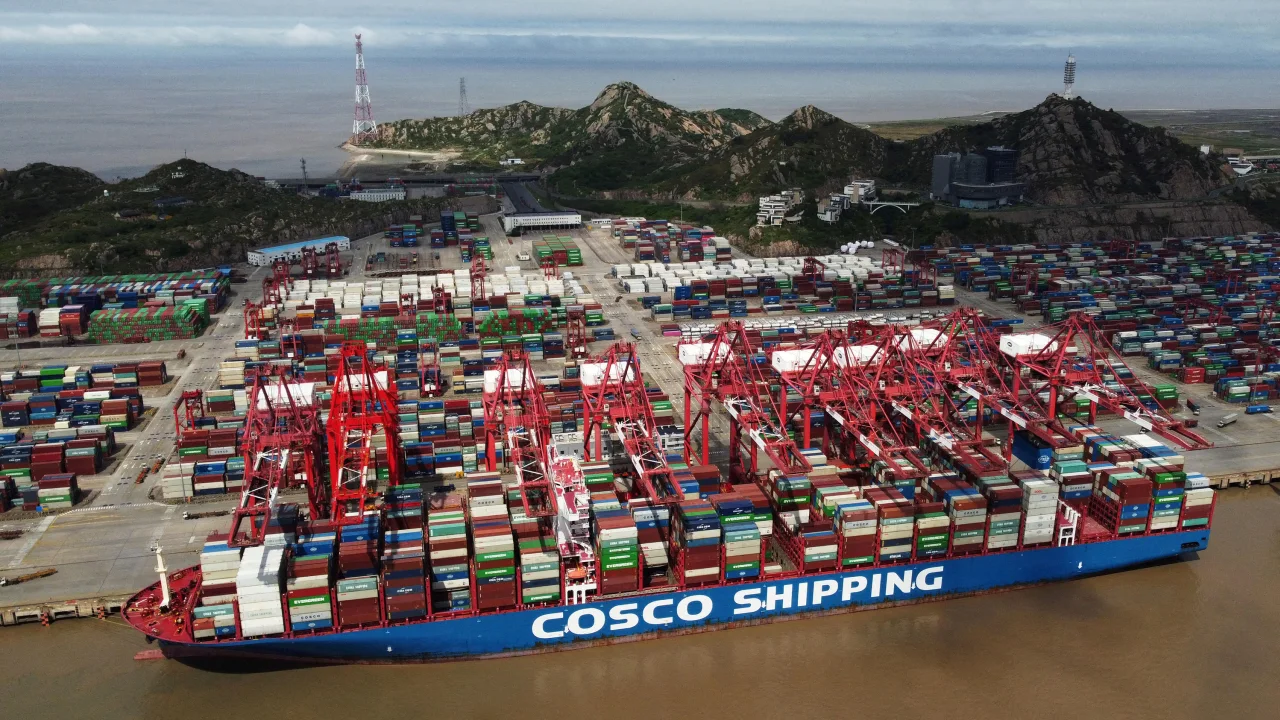China’s economy is in trouble. Here’s what’s gone wrong

The Chinese economy has long been the engine of global growth. In recent weeks, its economic slowdown has alarmed international leaders and investors, who no longer see it as a bulwark against weakness elsewhere. As a matter of fact, the world’s second economy has itself become a problem for the first time in decades.
Having fallen more than 20% from its recent peak in January, Hong Kong’s Hang Seng (HSI) Index fell into a bear market on Friday. In response to the falling Chinese yuan last week, the central bank defended the currency with its highest rate to the dollar on record by setting a much higher rate than market value.
Following the lifting of Covid lockdowns earlier this year, growth slowed after a rapid start. The consumer price index is falling, the real estate crisis is worsening, and exports are suffering. It has gotten so bad that the government has stopped publishing data on youth unemployment.
In recent weeks, a major homebuilder and a prominent investment company have missed payments to their investors, raising fears that the ongoing decline of the housing market will lead to higher financial risks.
The lack of resolute measures to stimulate domestic demand has triggered a new round of growth downgrades, with several major investment banks cutting their growth forecasts for China to below 5%.
In a Monday report, UBS analysts said that the property downturn has deepened, external demand has weakened further, and policy support has been less than expected.
Morgan Stanley, Nomura, and Barclays previously trimmed their forecasts.
The Chinese leadership under President Xi Jinping could be embarrassed if they fail to meet their official growth target of “around 5.5%.”
A far cry from the global financial meltdown of 2008, when China launched the world’s largest stimulus package and emerged from the crisis as the first major economy.
